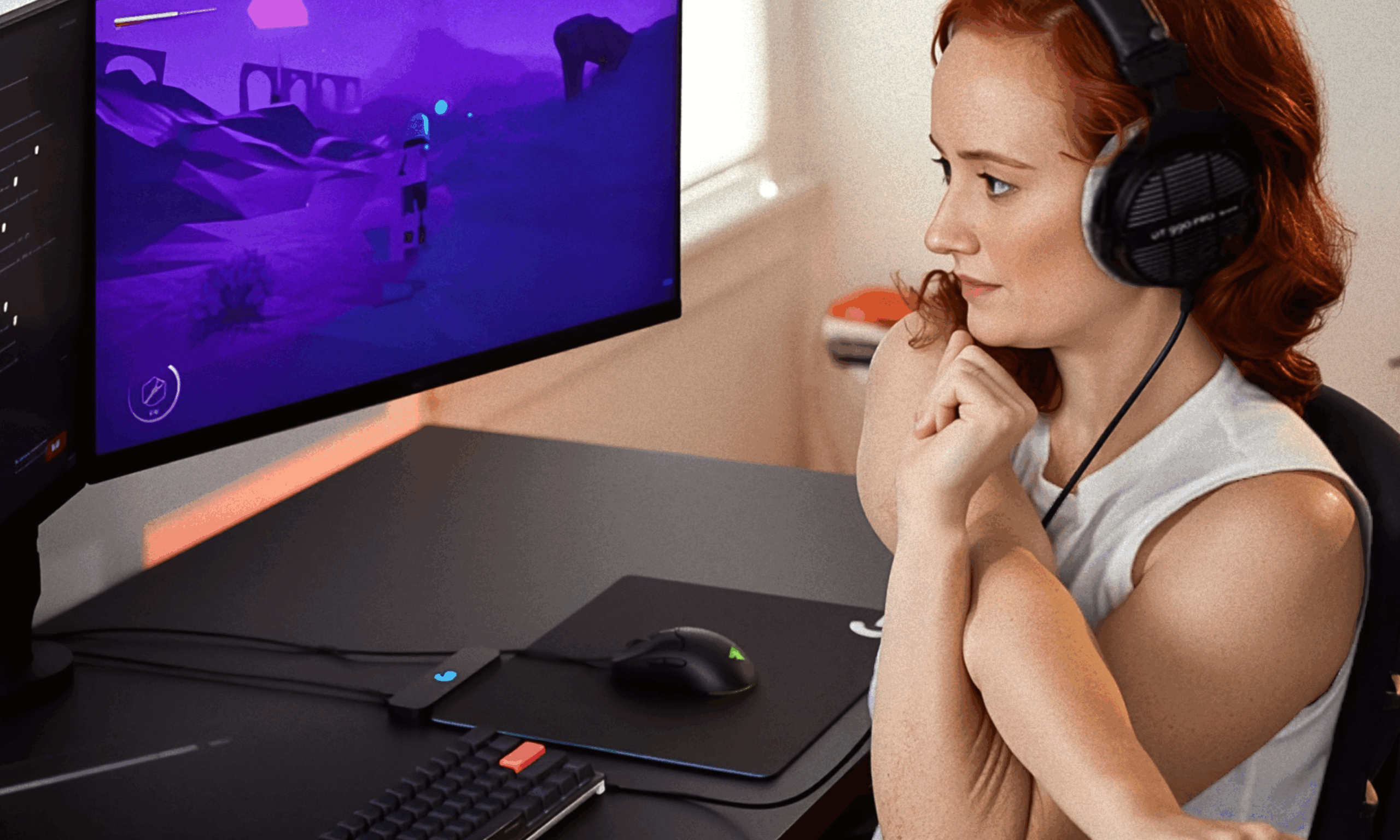
Esports is exploding. From school leagues to global tournaments, competitive gaming now offers real opportunities. Yet behind every thrilling match are young people juggling stress, screen addiction, expectations and real life.
That’s why mental health matters. A 2025 study of 313 university esports athletes (playing games like CS:GO, Valorant, Rainbow Six Siege) found that stress, poor sleep, burnout, and social anxiety strongly predicted mental ill health at levels similar to traditional sports players University of Chichester. Another survey, the GG Project reaching over 1,000 competitive players showed that 36% experienced poor mental well-being, 45% had moderate to severe depression, 34% anxiety, and 71% reported sleep disturbances ResearchGate+1besf.be+1.
Esports athletes deserve support, not just applause.
The Highs of Esports: Why It Can Be Good for You
Gaming can bring real benefits:
-
Creating belonging in teams or online communities
-
Developing teamwork, strategy, and quick thinking
-
Boosting confidence when you contribute as a leader
-
Leading toward real career paths: streaming, coaching, design, or game development
A PlayVS study of over 600 high school and college players in North America found:
-
57% felt more connected to a community through gaming
-
46% made new friends through esports
-
Coaches saw improvement in communication and leadership skills in 85% of players
-
60% of students improved grades or attendance thanks to participation RedditParentsplayvs.com
Esports can build skills and confidence, especially for students who don’t fit traditional sports or school clubs.
The Lows Are Real Too
1. Burnout and Overtraining
Long hours of practice, combined with school, can lead to physical and mental exhaustion. In professional CS:GO players, over 25% reported moderately severe to severe depression, with over 80% showing anxiety symptoms and poor mental wellness Reddit+12playvs.com+12Reddit+12University of Chichester+1ResearchGate+1.
2. Sleep Loss & Poor Lifestyle Habits
A 2023 study in Frontiers in Nutrition found esports athletes averaging just 7.42 hours of sleep per night, poor nutrient intake, and low physical activity, leading to reduced cognitive performance and sustained mental strain psypost.org.
3. Online Toxicity
Nearly half of young competitive players experience some form of online abuse, harassment, slurs, or cyberbullying which damages self-esteem and raises anxiety.
4. Pressure to Perform
Winning expectations from teammates, parents, coaches, or fans can make play feel like work. Top players (like Bugha or Pokimane) have reported anxiety and burnout, showing this isn’t limited to amateurs.
5. Identity & Isolation
When gaming becomes your whole world, social life, health, and identity can shrink. This isolation can lead to mood swings, loneliness, and decreased motivation, especially when wins don’t come.
Why Balance Isn’t Optional, It’s the Point
Professional organizations, universities, and even the Esports Olympics now prioritize player well‑being. The 2025 Esports Olympics, for instance, will include on-site psychologists, rest zones, mindfulness sessions, and nutrition coaching for elite players indiatodaygaming.com.
Southern Cross University and Movember are creating the world’s first mental health guidelines for esports, aiming to ensure safe, balanced gameplay from grassroots to pro teams scu.edu.au.
These efforts reflect a shift: top performance depends on mental health, resilience, and sustainable routines.
What Young Players Can Do to Stay Well
If gaming is a passion or a future path these steps keep it healthy and fun:
Build a Balanced Routine
Use a structured schedule that includes school, gaming, rest and breaks. The 60/10 rule (60 minutes of focus, 10 minutes off-screen) helps keep stress low.
Prioritize Sleep & Body Care
Aim for 7–9 hours per night. Hydrate, stretch, move. These matter for focus and for staying in the game over time.
Practice Mindfulness & Coping Skills
Techniques like deep breathing, short meditation, or journaling help players manage stress and build mental toughness.
Talk It Out
Stress or frustration? Speak with a teammate, friend, coach, or counselor. Bottling it up only leads to burnout.
Diversify Your Identity
You’re more than your rank or stats. Do other things: music, sports, art, or volunteering. This balance keeps mental health strong.
How Educators & Coaches Can Help
Esports programs should look like real sports teams, including:
-
Set schedules with training, rest, and wellness time
-
Normalize conversations about stress, failure, and recovery
-
Invite mental health speakers or share burnout stories
-
Watch for warning signs like mood drops or fatigue
-
Reward teamwork and learning not just wins
What Parents & Guardians Can Do
Support matters most when it avoids judgment:
-
Ask open questions like, “What do you enjoy most about this game?”
-
Learn a little about what your child plays ask them to explain it
-
Co-create game-time routines that include rest and non-gaming time
-
Frame mental health talks as self-care, not control
-
Look at gaming as a gateway to tech, media, or creative careers not just esports
Summary Table: Key Insights & Actions
| Topic | Insight or Action |
|---|---|
| Mental Health Risk | Depression, anxiety & burnout levels are real and high University of Chichester |
| Lifestyle Impact | Sleep, nutrition & movement affect cognitive skills and mood psypost.org |
| Community Value | Esports builds belonging, communication and leadership playvs.com |
| Professional Shift | Universities offering esports psychology programs & guidelines globally thetimes.co.ukscu.edu.au |
| Self-care Habits | Routine, non-gaming hobbies, mindfulness, social support are key strategies |
Well-Being Is the Best Weapon
Esports can bring joy, connection, purpose and yes, even career possibilities. But it demands balance.
Mental health isn’t just an off-field issue. It is performance health. By prioritizing sleep, routine, self-care, and social support, young gamers can enjoy their passion sustainably. Educators and parents can guide that journey by treating gaming like sport structured, safe, and balanced.
When mental health and performance move together, players don’t just survive they thrive.
